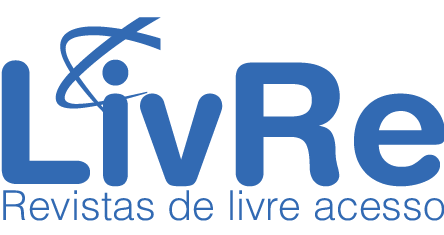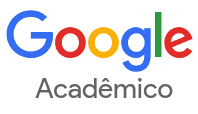MULTIPLE LANGUAGES IN THE PRODUCTION OF SCHOOL GEOGRAPHIC KNOWLEDGE
DOI:
https://doi.org/10.46789/edugeo.v10i19.910Abstract
The proposal for the participation of the round table entitled "multiple languages in the production of geographical knowledge" is characterized by the presentation of teaching practices relating to various experiences of learning situations, utilizing different methodologies, strategies, working tools in the teaching of geographic science in basic education. The conception of the production of geographical knowledge bases its concepts on situated learning and geographical reasoning. These concepts approximate what this teacher thinks about pedagogical practices, and make him reflect even more on how students should be encouraged to think about geographic space, associating to this several languages for the socio-spatial reading and interpretation. The main pedagogical activities were: reading, interpretation, and production of images, maps, graphics, texts; cinema and production of videos and films; middle studies/fieldwork; acting in theaters and films; activities with music (reading, listening, interpretation and production); the use of technological resources such as Google Maps, Google Earth and Waze; and interdisciplinary activities with teachers of other curricular components. Finally, we verified the multiple languages in the production of school geographic knowledge, in which the teacher developed his work thinking in the located learning and the geographical reasoning, emphasizing the difficulties and yearnings of the students, in a contextualized way.
Keywords
Pedagogical practices, Situated learning, Geographic school knowledge
Downloads
Downloads
Published
How to Cite
Issue
Section
License
Proposta de Aviso de Direito Autoral Creative Commons
1. Declaro que o presente artigo é original, não tendo sido submetido à publicação em qualquer outro periódico nacional ou internacional, quer seja em parte ou em sua totalidade. Declaro, ainda, que uma vez publicado na Revista Brasileira de Educação em Geografia, o mesmo jamais será submetido por mim ou por qualquer um dos demais co-autores a qualquer outro periódico. E declaro estar ciente de que a não observância deste compromisso submeterá o infrator a sanções e penas previstas na Lei de Proteção de Direitos Autorias (Nº9609, de 19/02/98)
2. A Revista Brasileira de Educação em Geografia tambem segue a "Proposta de Política para Periódicos de Acesso Livre".
Autores que publicam nesta revista concordam com os seguintes termos:
- Autores mantém os direitos autorais e concedem à revista o direito de primeira publicação, com o trabalho simultaneamente licenciado sob a Licença Creative Commons Attribution que permite o compartilhamento do trabalho com reconhecimento da autoria e publicação inicial nesta revista.
- Autores têm autorização para assumir contratos adicionais separadamente, para distribuição não-exclusiva da versão do trabalho publicada nesta revista (ex.: publicar em repositório institucional ou como capítulo de livro), com reconhecimento de autoria e publicação inicial nesta revista.
- Autores têm permissão e são estimulados a publicar e distribuir seu trabalho online (ex.: em repositórios institucionais ou na sua página pessoal) a qualquer ponto antes ou durante o processo editorial, já que isso pode gerar alterações produtivas, bem como aumentar o impacto e a citação do trabalho publicado (Veja O Efeito do Acesso Livre).







